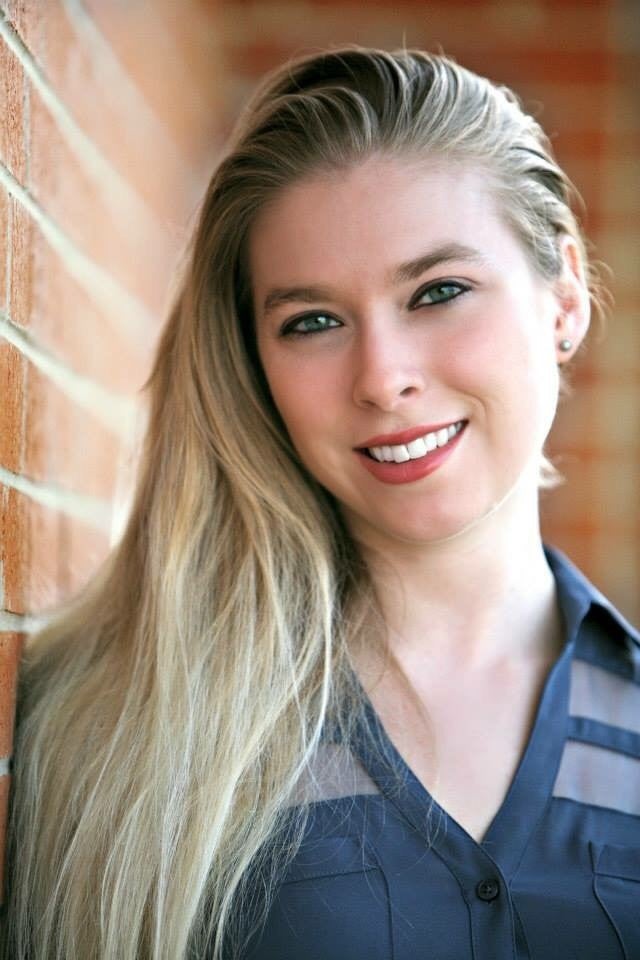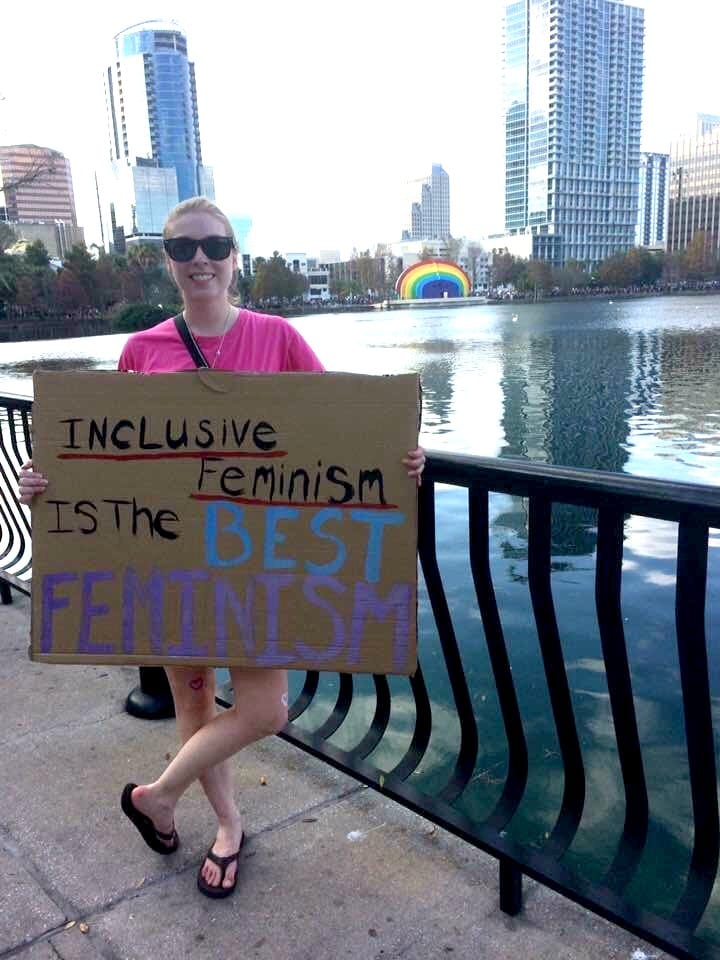Healthcare Accessibility Research

Mackenzie Hager’s desire to help has driven her to be a voice for those in need. Anticipating a spring 2018 graduation, she is a first-year master’s student studying cultural and medical anthropology.
Her journey began when she planned to conduct research with HIV positive prisoners. She was interested in the correctional system and the impact HIV had on inmates and officers. But as she expanded her studies and began to interact with the local Planned Parenthood groups, she recognized a problem with the gap in American research on the topic of abortion access.
Hager has always been passionate about reproductive rights and education. When her graduate advisor Joanna Mishtal, Ph.D., helped her realize the good her research could do, she was immediately drawn to the cause.
“I think most of the people in the field of anthropology want to put some good in the world,” she said. “For me, that meant ensuring women have access to fulfill their right to choose to terminate a pregnancy or not.”
She was intrigued by how differences in socioeconomic situations can impact reproductive rights. She wants to answer questions on how the needs of diverse women are being represented in reproductive advocacy in the U.S.
The primary goal of her research is to examine the role reproductive justice plays in Planned Parenthood’s advocacy strategies and pinpoint certain areas where they may be able to improve.
 Reproductive justice is a term from modern third wave feminism that is more inclusive towards different demographic groups when considering reproductive rights. People of different races, income, education levels, religion, or even geographic locations all have unique challenges when seeking reproductive care.
Reproductive justice is a term from modern third wave feminism that is more inclusive towards different demographic groups when considering reproductive rights. People of different races, income, education levels, religion, or even geographic locations all have unique challenges when seeking reproductive care.
“We call this intersectionality, and it plays an important role in any issue,” Hager explained. “Just because a woman has the right to choose to terminate a pregnancy does not mean she has access to fulfilling that choice.”
She explains that many women live in abortion deserts where they need to travel over 50 miles to receive care. Being aware of these challenges is important for reproductive care or abortion providers if they want to deliver the most optimum care they can.
She hopes to inform people on the problematic everyday laws implemented by a state legislature. One such law requires women to wait a minimum of 24 hours after receiving an abortion consultation to review state-mandated documentation.
“What these waiting periods actually do is make it harder for low-income women to get abortions,” Hager said. “Lower-income women make up the majority of abortion cases, but by requiring women to come into the clinic a second time they are forced to take more time off of work, pay for additional transportation to get to the clinics, and find additional child care in the event that they already have children and need someone to watch them while they are away.”
Hager’s fieldwork will consist of her helping and observing Planned Parenthood clients. She will volunteer nearly every day with the clinics, working alongside the volunteers and employees and observing their experiences.
“One of the best things about Planned Parenthood’s volunteers is that a lot of them have also been patients of the organization for a diverse array of services,” she said. “They are caring and compassionate people who appreciate what the organization was able to do for them and want to pay it forward through volunteer work or just want to make a difference by spreading education and awareness.”
Hager believes that her work and the overall field of medical anthropology is important within a diverse field of careers. After graduation she sees herself continuing to help others and bringing to light issues that need to be addressed and although her overall goal for the future is clear, the direct path to achieving it is not.
“I’m still undecided on pursuing a Ph.D. but I often find myself encountering more and more questions within my field,” She explained. “I love my field, even if it would not be considered traditional, and I believe it can help me truly make a difference in the world. I would certainly recommend it to anyone interested in a blend of science and social issues, and I look forward to seeing what I can do with it.”
Hager hopes that her work can make a positive change in her field and in the US. She wants people to understand that some issues stem from misunderstanding so she urges people to stay informed.
“Understanding America’s history with abortion was really important to developing my research question and changing even some of my own perceptions,” She said. “I would highly encourage anyone interested in broadening their education to look into the history of reproductive access in America.”
